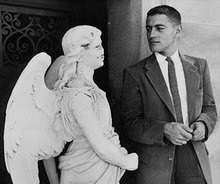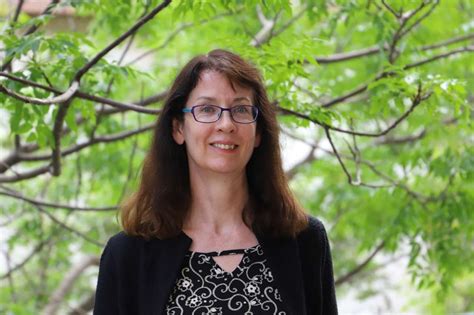A Quote by Rick Perlstein
There's a certain kind of cultural energy pursued by the gatekeepers of elite discourse, who want to argue that Americans fundamentally agree with each other, and that's the health of the nation.
Related Quotes
We have a nation where the elite thinks it's OK to advocate a war and send the lower-income people to do the fighting. It's natural for such a people to think that the lower-income people should also have a worse health care experience. And the other countries are not there - I always say, not there yet. I tell the Germans and the Swiss, "You're not there yet, but if you're not very, very careful, if we Americans come over there and rearrange ... your health care system, you will be just like us."
I wish to put together an imaginary nation. It is my belief that no other nation is possible, or rather, I believe that authors who count take responsibility for a map which is addressed to travellers of the earth, the world, and the spirit. Each issue is composed as a map of this land and this glory, images of our cities and of our politics must join our poetry. I want a nation in which discourse is active and scholarship is understood as it should be, the mode of our understanding and the ground of our derivations.
-Robin Blaser (June 3, 1967)
Health education emphasizing risks is a form of pedagogy, which, like other forms, serves to legitimize ideologies and social practices. Risk discourse in the public health sphere allows the state, as the owner of knowledge, to exert power of the bodies of its citizens. Risk discourse, therefore, especially when it emphasizes lifestyle risks, serves as an effective Foucauldian agent of surveillance and control that is difficult to challenge because of its manifest benevolent goal of maintaining standards of health. In doing so, it draws attention away from the structural causes of ill-health.
The government is supposed to conform to our will. By taking the most important thing you have, your health and your health care, and turning that over to the government, you fundamentally shift the power, a huge chunk of it, from the people to the government. This is not the direction that we want the government to go in this nation.
Britain, with the most completely socialized health system in the West, now spends the lowest fraction of GNP on health care of any major nation. There are frequent complaints of excessive waits for elective surgery and other inconveniences, but British citizens live slightly longer than Americans, on average, and our overall health conditions are comparable.
If my colleagues stop eating donuts and are more active, it saves me money on next year's insurance premium, and I get to work with people who have more energy and creativity each day. Yet most organizations fail to make health a cultural priority. Instead, they treat healthcare like any other expense.
When you say what is the difference between me and my stage name the idea is that as a musician you always think of yourself as inhabiting a certain cultural space in the kind of a cultural landscape, so when I say cultural space what I mean to imply there is that you exist within certain parameters of how people think of culture.
My colleagues from the Department of Health Behavior and Health Education are working on participatory public health initiatives in Michigan, and there is much that we can learn from each other. In fact it is essential that we strengthen efforts to learn from each other, and stop considering public health in the third world and in the U.S. as separate intellectual and practical endeavors.








































